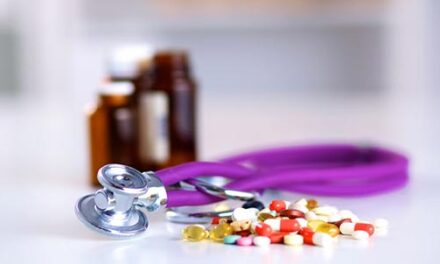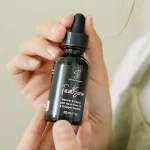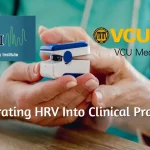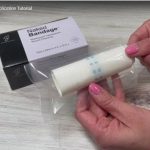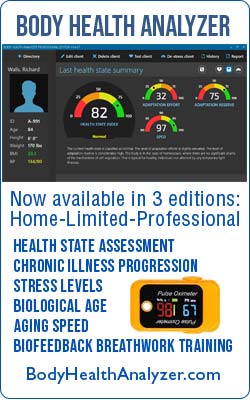THE FOOD—MOOD CONNECTION PLAYS A MASSIVE ROLE IN HOW WE FEEL.
The nutritionally depleted wasteland we call the Standard American Diet is causing widespread nutritional deficiencies, along with an epidemic of anxiety and depression. The solution is simple, and it’s NOT more Prozac. Instead, simply eating a diet high in fish, meat, fruits and vegetables, and low in processed foods and added sugar, can help you feel dramatically better. To make this easier, low cost nutritional and herbal support can also give people their lives back, without the toxicity of psychiatric medications.
Here are the key ones, which I take myself each day to turbocharge energy and optimize health, while also leaving me being a calm, happy soul:
- B vitamins and folate. These are critical for proper brain function. Research has shown that supplementing with vitamin B1 improved mood, likely by increasing a brain neurotransmitter called acetylcholine. It also decreases anxiety. A side benefit? Improving memory at the same time. Vitamin B1 deficiency was also shown to worsen learning disorders in young children, and increase aggressive behavior to the point where some had to enter a mental hospital. This problem resolved with vitamin B1 supplementation. Vitamin B2 has been associated with decreasing risk of postpartum depression, while also decreasing migraine frequency by an astounding 69 percent! B12 and folic acid have also been shown to be helpful for depression. Ignore the RDAs, which I call Ridiculous Dietary Allowances, and instead take a 50 mg B complex each day. Make sure that some of folic acid is in a form called 5MTHF.
- Magnesium is critical in hundreds of reactions in the body, and deficiency is present in the majority of Americans. Low magnesium will put you on a hair trigger for anxiety, as well as for pain. Take 200 mg a day.
- NAC, which our bodies use to make the critical antioxidant called glutathione, has been shown to be helpful in a wide array of psychological problems. For day-to-day supplementation, I recommend 250 mg.
- Vitamin D* deficiency is associated with many autoimmune problems as well as with depression. As this is the “sunshine vitamin,” the insane advice to avoid sunshine has triggered an epidemic of vitamin D deficiency. Take 1000 units daily. To make this simple and low-cost, all of the above can be found for about $.60 a day in a single drink called the Energy Revitalization System by Enzymatic Therapy. Another key cause of depression and anxiety is deficiency of omega-3 fish oils. Unfortunately, it takes seven large capsules a day of most forms to get the proper therapeutic effect. A simpler low-cost solution? A special form of pure omega-3’s that have been vectorized (which is another way of saying that they remain bioidentical) can be found in a product called Vectomega by Terry Naturally. One a day replaces seven fish oil pills.
- Got depression? Repeated studies have shown that a special highly absorbed form of curcumin called CuraMed (also by Terry Naturally) 750 mg 2x day was more effective than antidepressants in head on studies. In addition, instead of the side effects of the medications, curcumin is associated with side benefits, including less pain, optimizing immunity to decrease cancer risk, and likely lower risk of Alzheimer’s.
- For anxiety, it is not necessary to be addicted to Xanax. A special herbal called AnxioCalm, two twice a day, was shown to be as effective at restoring calm as the Valium family medications after six weeks of use. With no addiction or side effects.
This simple regimen can leave you feeling fantastic, at lowcost. Give it six weeks to see the full effect. It can also safely be combined with mood medications. It’s easy to feel calm and happy—naturally!
*Editor’s Note: We strongly recommend you visit GrassrootsHealth.net to learn more about Vitamin D, its importance, how to determine what dosage is right for you, and most of all, why it is so darn important you have sufficient levels of Vitamin D. Did you know serum levels greater than 40 ng/ml are associated with > 65% lower risk of cancer?1 Or that serum levels of 40-60 ng/ml may provide a significant reduction in breast cancer risk? Or lower risk for type 2 diabetes, colorectal cancer and much, much more.
GrassrootsHealth is a nonprofit public health research organization dedicated to moving public health messages regarding vitamin D from research into practice. It has a panel of 48 senior vitamin D researchers from around the world contributing to its operations. GrassrootsHealth is currently running the D*action field trial to solve the vitamin D deficiency epidemic worldwide. Under the D*action umbrella, there are also targeted programs for breast cancer prevention and a ‘Protect Our Children NOW!’ program to stop vitamin D deficiency where it starts, in utero.
End Notes:



